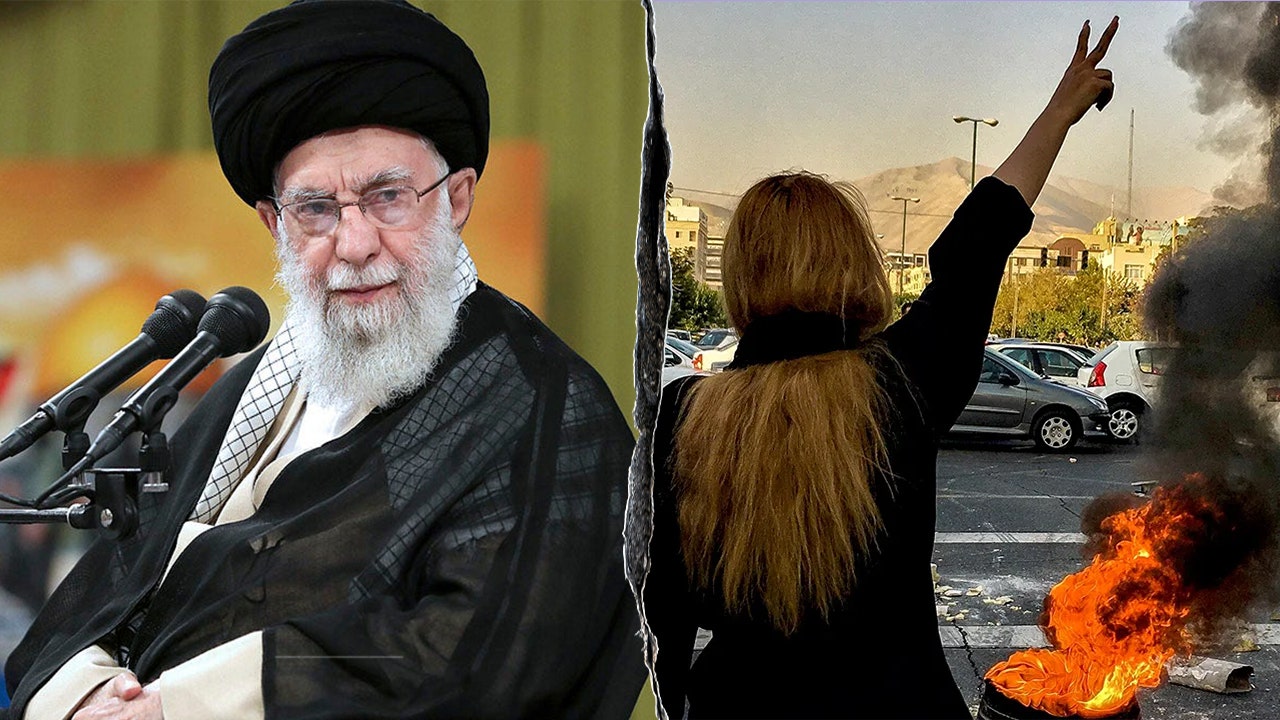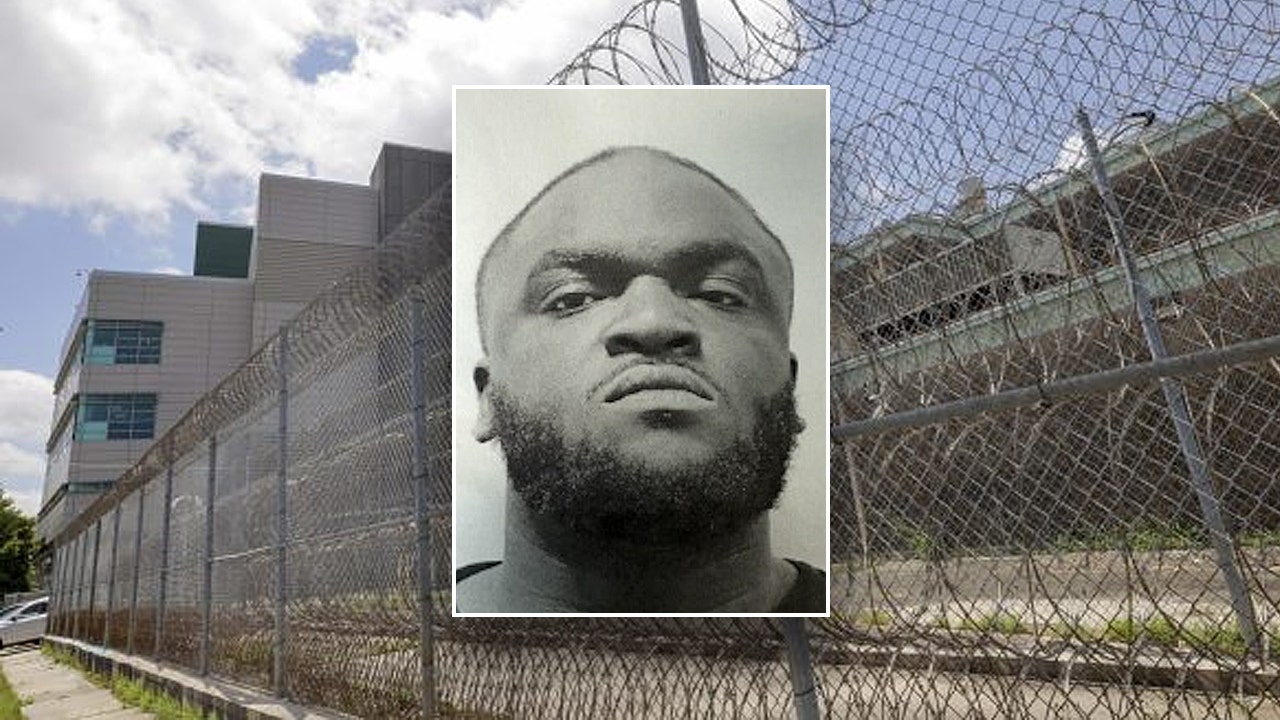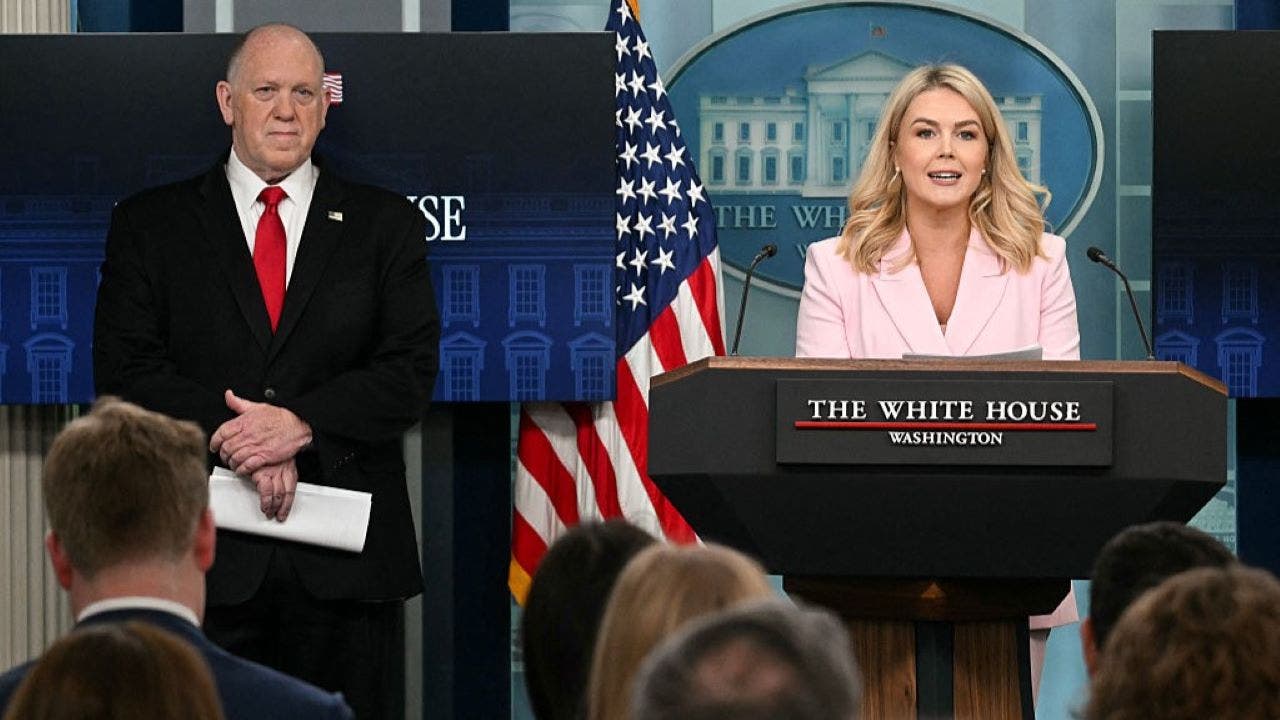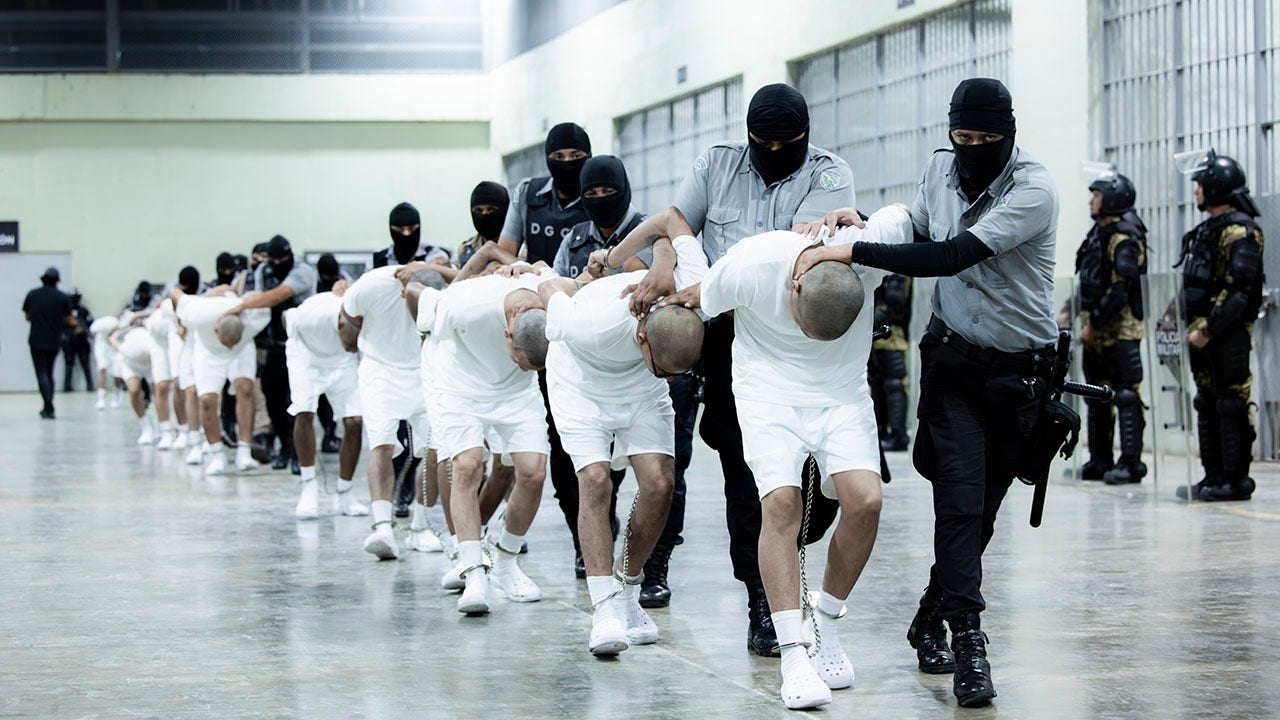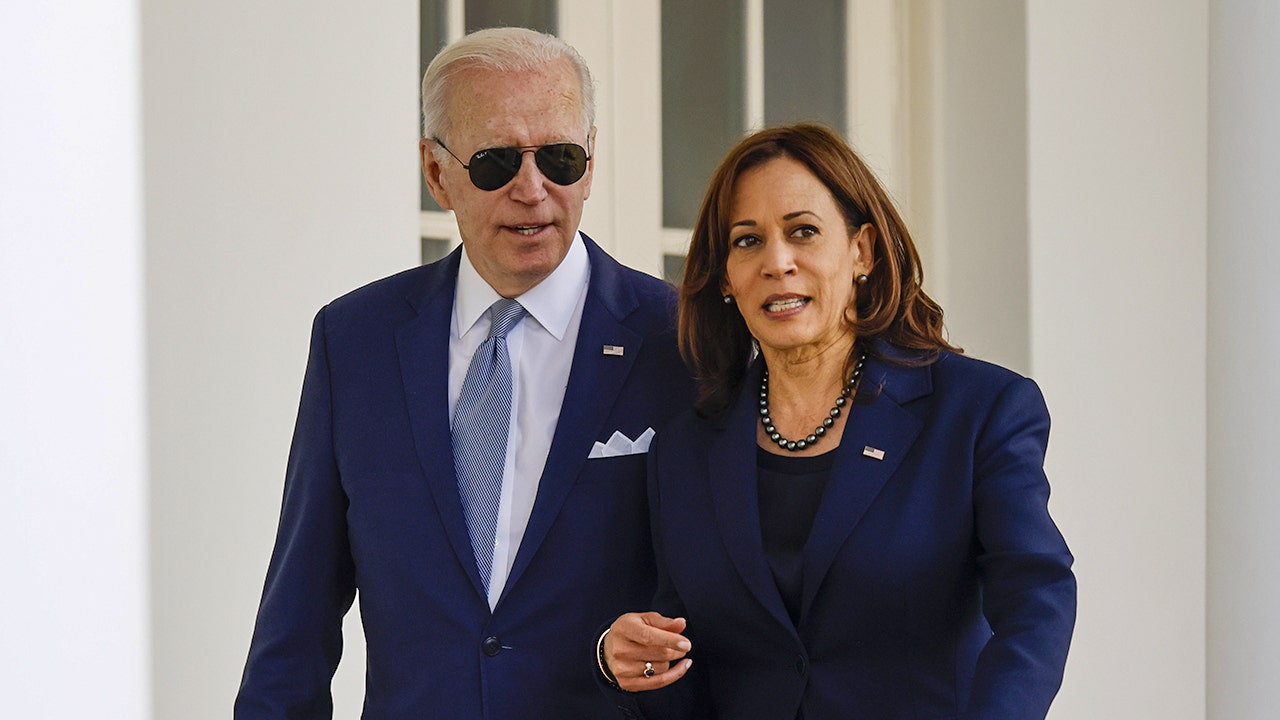NEWYou can now listen to Fox News articles!
As the Iranian regime reels from sustained Israeli strikes on military and nuclear infrastructure, debate is intensifying over what could come next.
Experts say the end of the Islamic Republic is no longer unthinkable — but warn that what replaces it could either lift the country toward a freer future or plunge it into instability.
Reza Pahlavi, the exiled crown prince of Iran and a prominent opposition figure, posted yesterday, “Sources inside Iran say that the regime’s command and control structures are collapsing at a rapid pace. Meanwhile, the international community is beginning to realize that the Islamic Republic has no future. Our discussions about a post-Islamic Republic Iran have begun.”
“The first thing is revolution is too broad a word,” said Behnam Taleblu, senior fellow at the Foundation for Defense of Democracies. “The better words are evolution and devolution, meaning if you get something better or something worse. Because this is the Middle East, and fundamentally, things can get worse, not better, when you introduce an exogenous shock.”
TRUMP TO MAKE IRAN DECISION ‘WITHIN THE NEXT TWO WEEKS’ GIVEN ‘CHANCE’ OF NEGOTIATIONS, LEAVITT SAYS
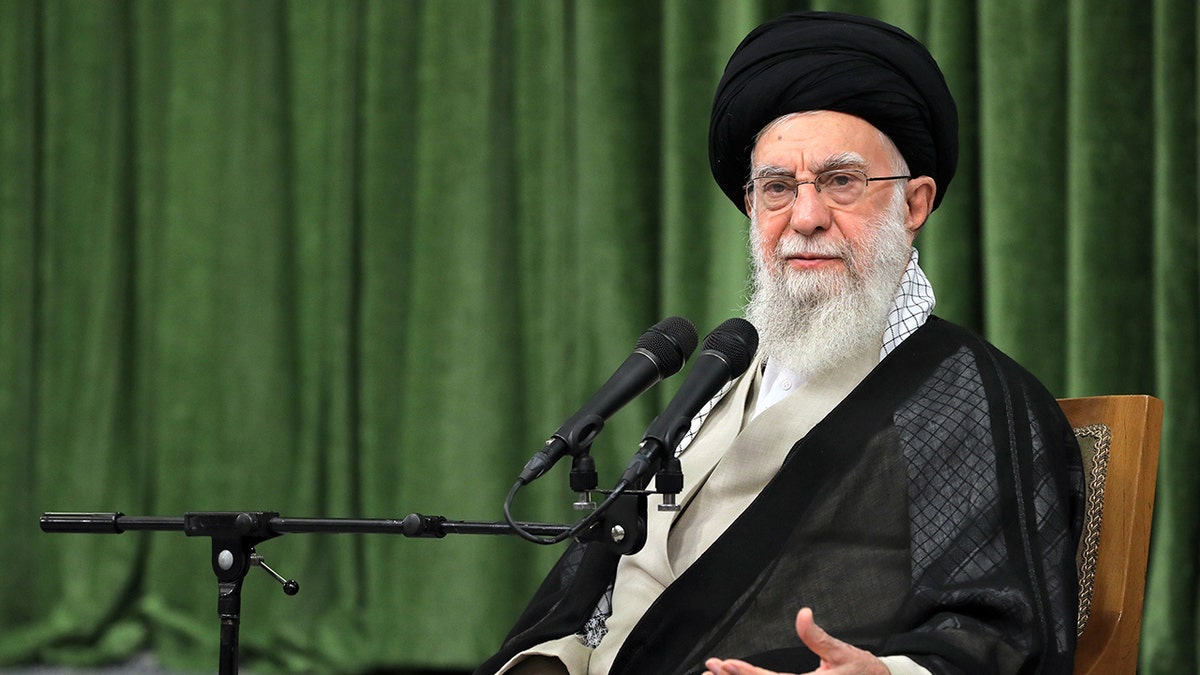
Iranian Supreme Leader Ayatollah Ali Khamenei meets with Iran’s acting President Mohammad Mokhber and cabinet members at the Imam Khomeini Husseiniya in Tehran, Iran, on July 7, 2024. (Iranian Leader Press Office / Handout/Anadolu via Getty Images)
Taleblu cautioned that both the Iranian opposition and Western governments have failed to prepare for regime collapse because of a long-standing reluctance to engage with the idea of regime change. “By not being able to articulate the necessary political strategy… we are most unprepared,” he said.
Beni Sabti, an Iran expert at Israel’s Institute for National Security Studies, sees four scenarios emerging from the current moment — one of which, he warns, is far worse than the others.
“The Iranian people are currently leaderless, low-energy, and disillusioned since the women’s protests,” Sveti told Fox News Digital. “One scenario is collapse from within, similar to the Soviet Union. A brigade commander inside the Revolutionary Guards, supported by a circle of loyalists, could decide to rebel from within the regime.”
Sabti said that after Israel eliminated many Islamic Revolutionary Guard Corps (IRGC) generals, Iran’s regular army may now be better positioned to rise. “It might even align with disillusioned elements of the revolutionary guards,” he said. “Because they know the system and its bureaucracy, insiders could quietly organize something from within. There would be casualties, but it could unfold as a relatively quiet historical event.”
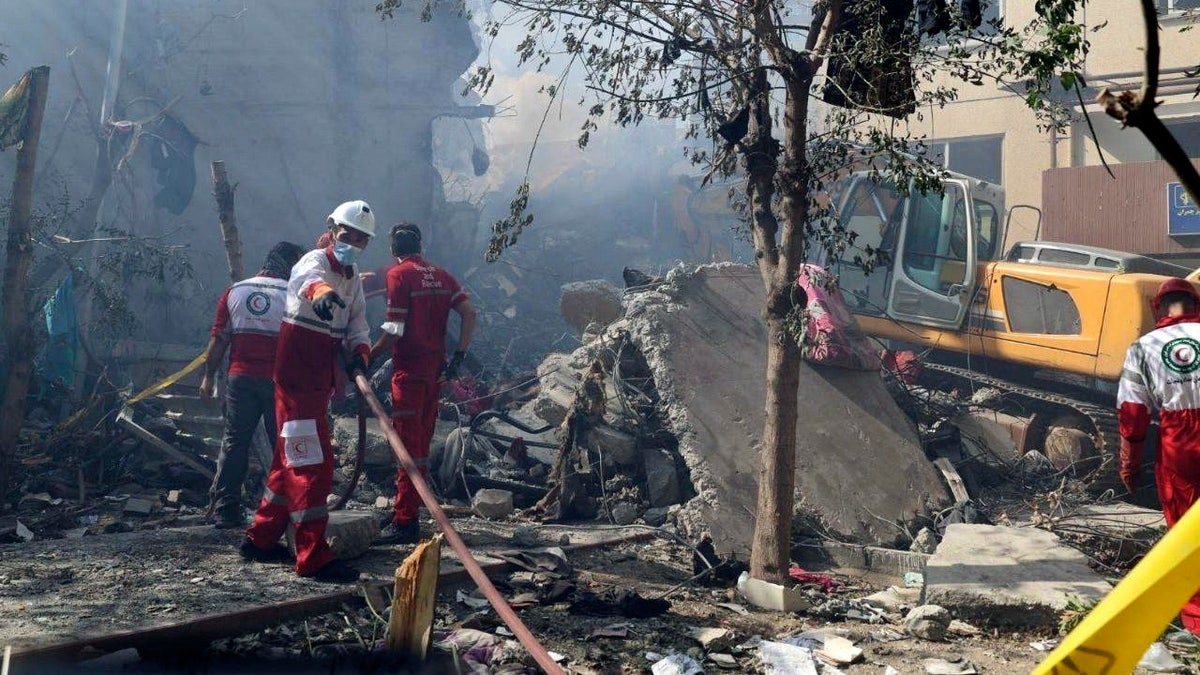
In this photo released by the Iranian Red Crescent Society, rescuers work at the scene of an explosion after an Israeli strike in Tehran, Iran, on Friday, June 13, 2025. (Iranian Red Crescent Society via AP)
Taleblu supports the idea that a regime transition could emerge from within, but notes that Iran has spent decades “coup-proofing.”
“It has promoted more based on zeal than capability. So it’s less likely that you could have a classic military coup d’état emerge,” he said. “That doesn’t mean it can’t happen, but it would take a significant amount of politicking and maneuvering.”
ISRAEL’S ‘RESOUNDING’ MILITARY CAMPAIGN AGAINST IRAN COULD BE HISTORIC TURNING POINT, EXPERTS SAY
The second scenario Sabti outlined is a popular uprising sparked by the release of political prisoners. “There are many political leaders in Iranian prisons,” he said. “If some are freed, they could rally the public. They were once part of the regime but tried to shift course and now support relations with the U.S. It would still be a very cold peace with Israel—but not hostile.”
Taleblu noted that Iranian society has already undergone a significant shift over the past decade. “Large swaths of the Iranian population—80% is probably a minimum number—hate this regime,” he said. “The protests since 2017, especially ‘Women, Life, Freedom,’ were triggered not just by politics, but by economic, social, even environmental issues.”
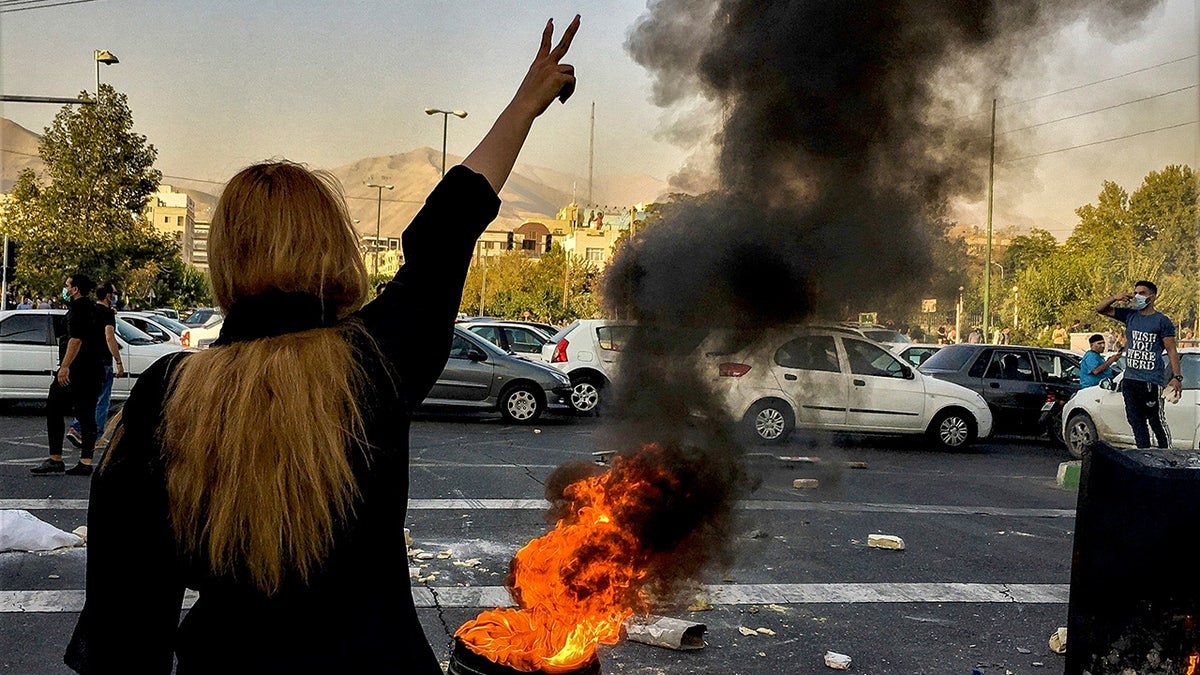
Iranians protest the death of 22-year-old Mahsa Amini after she was detained by the morality police, in Tehran, Iran, on Oct. 1, 2022. (The Associated Press)
A third possibility, Sabti said, is the return of exiled leaders. “There’s deep romantic nostalgia toward the monarchy,” he said. “Maybe in a later phase, if infighting breaks out, people might rally around a symbolic figure—‘Come back and be a symbol.’ That could strengthen the revolution.”
Taleblu acknowledged that figures like Crown Prince Reza Pahlavi could play a role, but not as rulers. “Think of the diaspora as a bridgehead into a new Iran—not the definers of the new Iran,” he said. “The people inside Iran should be the ones shaping the next Iran.”
The fourth — and worst — scenario, according to Sabti, is that the regime survives. “That’s the worst option,” he said bluntly.
EVERYTHING YOU NEED TO KNOW ABOUT AYATOLLAH ALI KHAMENEI, SUPREME LEADER OF IRAN
Taleblu agreed, warning that survival would bring an even more repressive future. “If the Islamic Republic survives, it will survive in a more radical fashion—more military, less clergy,” he said. “There’s debate: does it become like Turkey or Pakistan, or does it become even more messianic? The older IRGC are corrupt; the younger ones are messianic.”
One of the most contentious questions looming over all these scenarios is the future role of Iran’s non-Persian communities, including the Ahwazi, Baloch, Azeris, and Kurds. Aref Al-Kaabi, executive president of the State of Ahwaz, told Fox News Digital in a written statement that without trust-building between these communities and the Persian opposition, change will remain elusive.
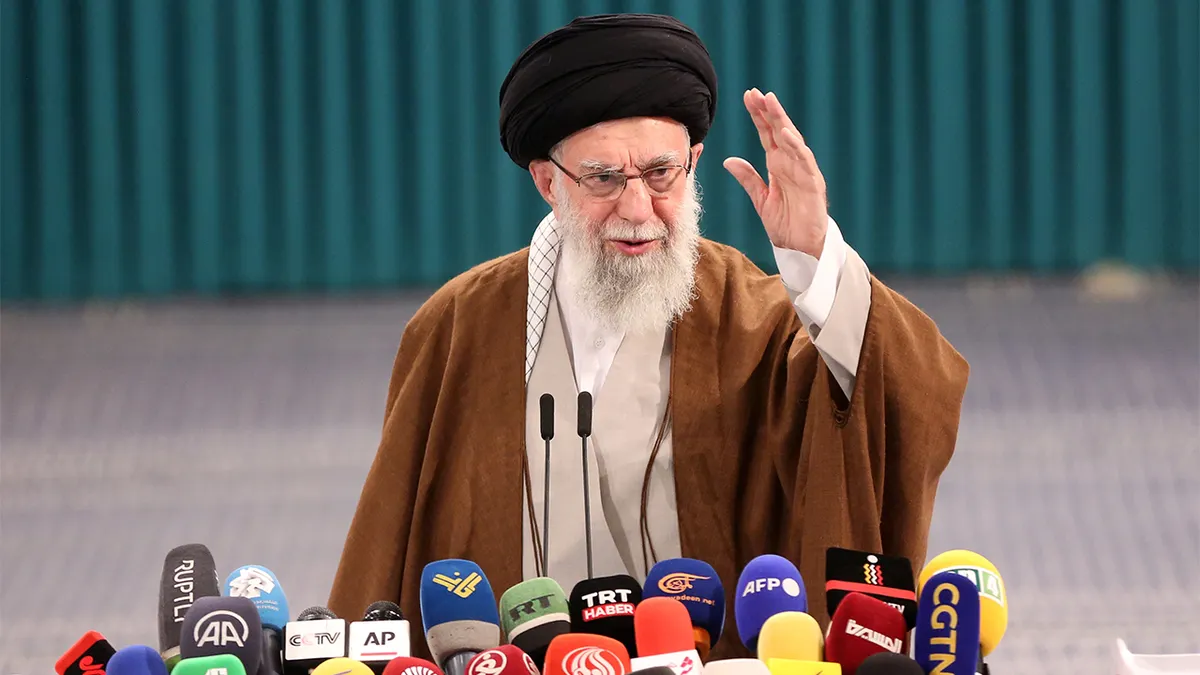
Iranian Supreme Leader Ali Khamenei addresses the media during the voting of parliament elections in Tehran, Iran, on May 10, 2024. (Photo by Fatemeh Bahrami/Anadolu via Getty Images)
“In my opinion, regime change in Iran is possible if the following conditions are met: continued Israeli strikes… support for non-Persian components… international will… and bridges of trust between Arabs, Kurds, Baloch, Azeris, and the Persian opposition,” Al-Kaabi said. “If these conditions are met, I believe the regime’s fall will only be a matter of days.”
He said that in recent days, the IRGC launched widespread arrests in Ahwaz to prevent mobilization. “Most of those arrested are Arabs from Abadan, Bushehr, Sheyban, and Shoaibiya,” he said.
Al-Kaabi also criticized the Persian opposition abroad. “They view us—Arabs, Kurds, Azeris, Baloch—as separatists and refuse to work with us. That stubbornness is one of the main reasons the regime is still in power.”
CLICK HERE TO GET THE FOX NEWS APP
Taleblu warned against Western attempts to divide the country. “The way to unite the Iranian population is not to talk about balkanization,” he said. “That would be an own goal of moral and strategic proportions.”

